According to Yonhap news agency, this is an important step forward in the roadmap to self-sufficiency in vaccine supply and can also open up great export potential for new vaccines with fewer side effects.
The Korea Disease Control and Prevention Agency (KDCA) has partnered with private company GC Biopharma Corp. to develop the vaccine. Unlike conventional vaccines, the vaccine, called Barythrax inj., uses a non-toxigenic strain of Bacillus brevis to produce protective antigen (PA), a key factor in creating immunity. This method significantly reduces the risk of exposure to toxins and side effects, thereby improving safety and cost- effectiveness compared to current vaccines.
The new vaccine was licensed for circulation by the Korean Ministry of Food and Drug Safety (MFDS) last April. Sharing at a press conference, the KDCA said that with this step, for the first time, Korea can produce and supply anthrax vaccines on its own, completely ending its dependence on imported supplies.
"As demonstrated by the COVID-19 pandemic, infectious diseases can spread rapidly and cause serious damage in a short period of time. This further emphasizes the importance of building proactive response capabilities at the national level," said Kim Gab-jung, director general of the KDCA's Disease Diagnosis and Analysis Division.
Ms. Kim said the achievement would help reduce vaccine import costs and allow for faster, more stable responses to national emergencies such as bioterrorism.
"Not only does it enhance the capacity to respond to infectious diseases, the development of this vaccine is also a great contribution to strengthening the country's public health security," the official said.
Asked whether tensions with North Korea would affect the development of the vaccine, Kim said it was not a project specifically aimed at preventing a potential attack from North Korea but rather part of a nationwide public health crisis preparedness plan.
"But one thing is clear: South Korea needs more comprehensive preparation because we are facing a very different geopolitical situation compared to many other countries," she stressed.
Until now, South Korea has relied on imports of the anthrax vaccine Biothrax, produced by the US company Emergent BioSolutions Inc.
Regarding future reserves of Barythrax inj. vaccine, the official said: "All doses of the new vaccine will be secured from domestic production, although specific plans cannot be announced at the present time."
In addition to proactively stockpiling domestic supplies, KDCA and GC Biopharma expect to attract large orders from countries that do not yet have the capacity to produce their own anthrax vaccines. Global demand for the vaccine is expected to increase, especially as anthrax remains a public health concern with recent outbreaks in several countries.
Employees work at GC Biopharma's anthrax vaccine factory in Hwasun, South Jeolla Province.
In 2023, Zambia recorded more than 600 cases of anthrax, while Uganda confirmed 251 cases in 2024. Several countries such as Laos, Thailand and the Democratic Republic of Congo have also recorded deaths from the disease in recent years.
"To replace existing anthrax vaccine products on the market, we will focus on further enhancing the product's competitiveness and stepping up marketing activities to export Barythrax," said Lee Jae-woo, GC Biopharma's chief development officer.
He also added that the anthrax vaccine is part of GC Biopharma's social contribution efforts, emphasizing that the company has earned significant profits from its chickenpox and seasonal flu vaccines - key product lines that bring in large revenues.
KDCA began basic research on anthrax vaccines in 1997. Partner GC Biopharma, formerly Green Cross, officially joined the project in 2002. The total investment for the project is up to 30 billion won (22 million USD).
Since anthrax was listed as a notifiable infectious disease in South Korea in 2000, the country has not recorded any cases of infection.
GC Biopharma currently exports mainly vaccines against chickenpox and seasonal flu, as well as some specialized drugs such as Aliglo (for treating immunodeficiency) and Hunterase (for treating hemophilia). In 2024, the company achieved revenue of 1,680 billion won, up 3.3% compared to the previous year, of which exports contributed 380 billion won, accounting for 23% of total revenue.
vtv.vn
Source: https://baolaocai.vn/han-quoc-phat-trien-vaccine-phong-benh-than-tai-to-hop-protein-dau-tien-tren-the-gioi-post648194.html


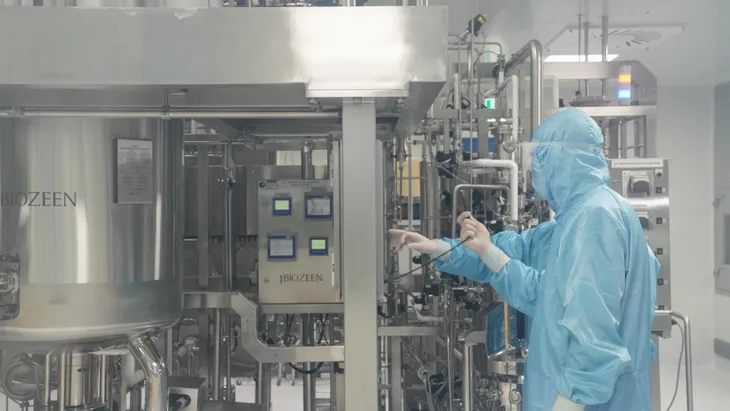

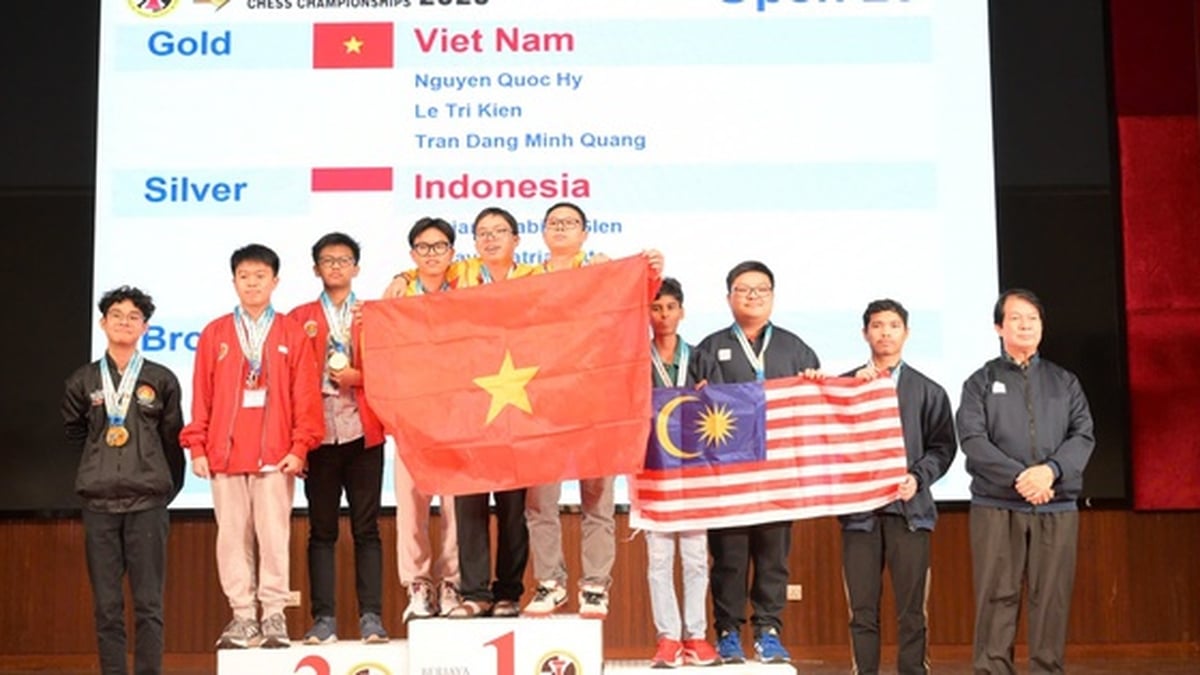



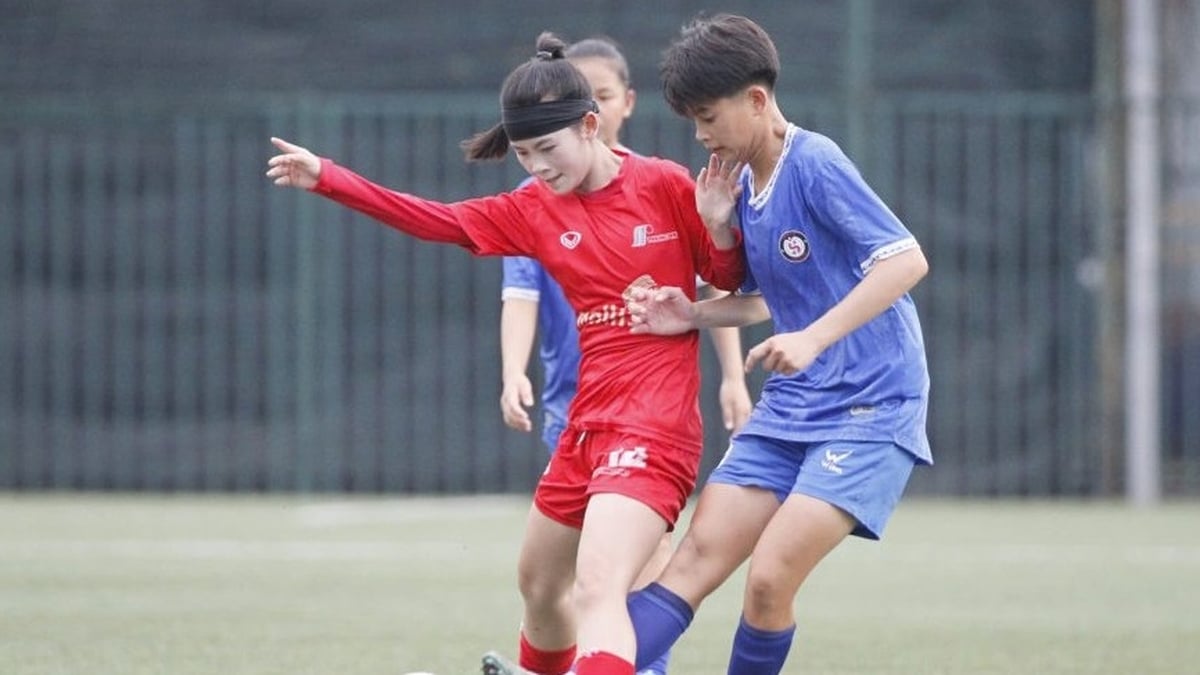















![[Photo] Gia Lai provincial leaders offer flowers at Uncle Ho's Monument with the ethnic groups of the Central Highlands](https://vphoto.vietnam.vn/thumb/1200x675/vietnam/resource/IMAGE/2025/7/9/196438801da24b3cb6158d0501984818)




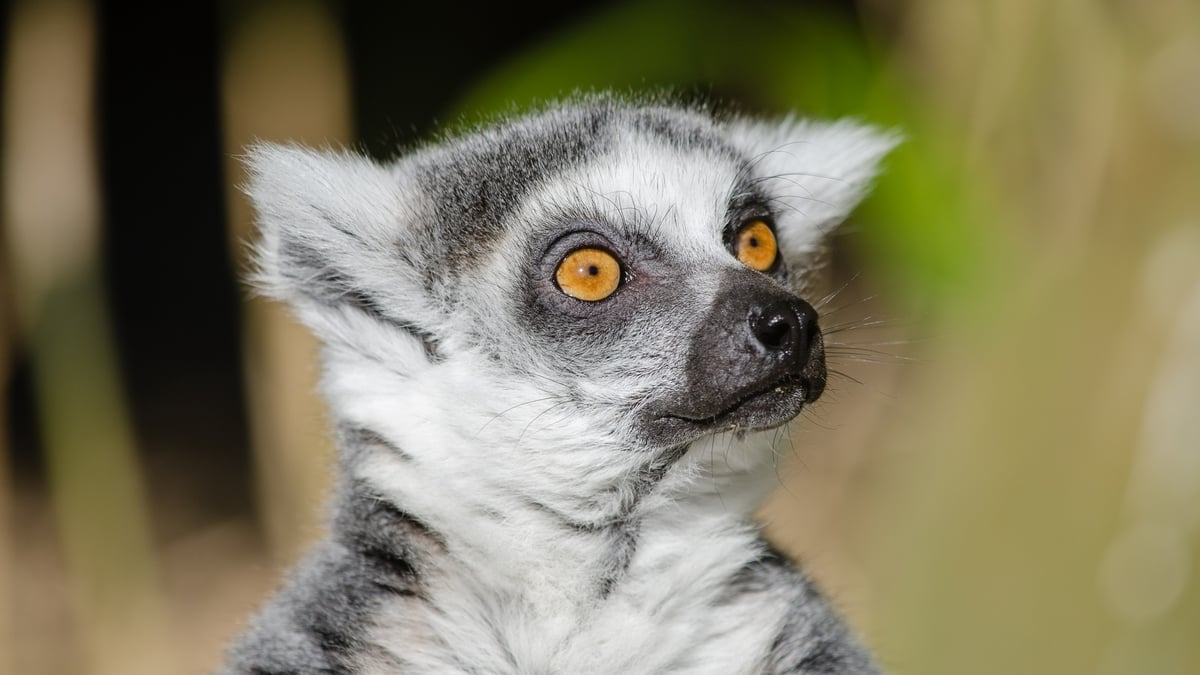





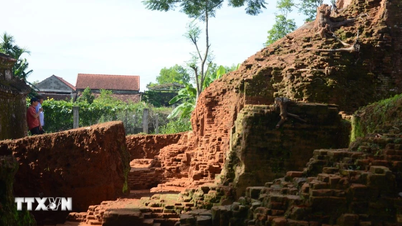

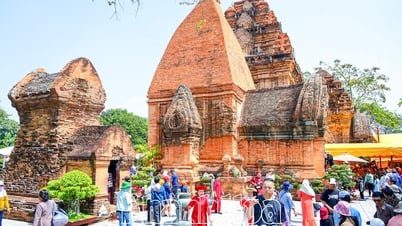



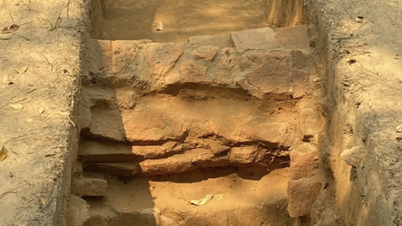

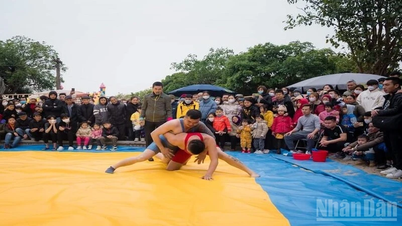



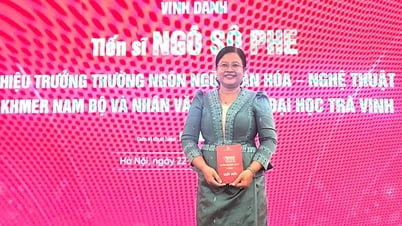









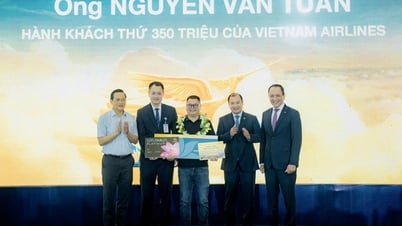



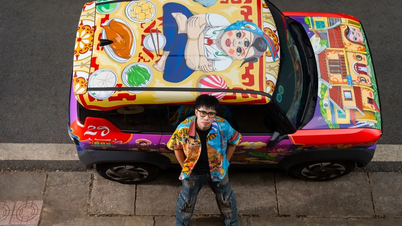



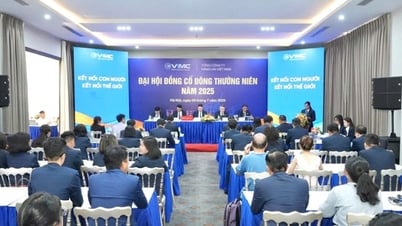




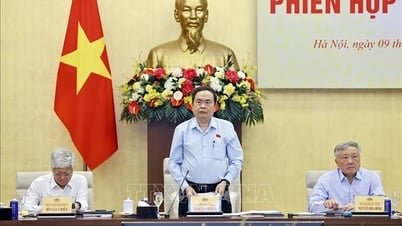

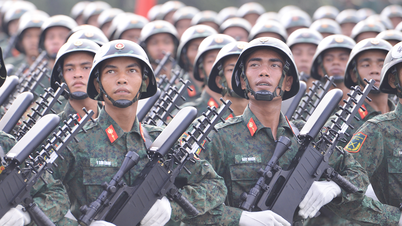


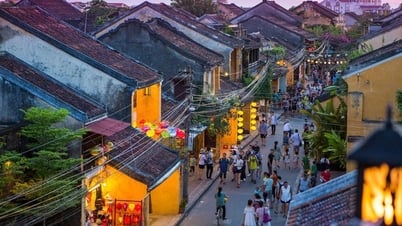
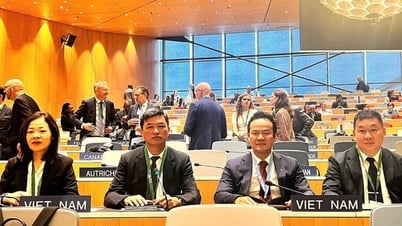

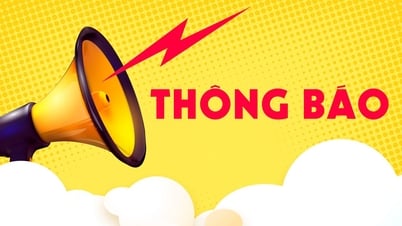

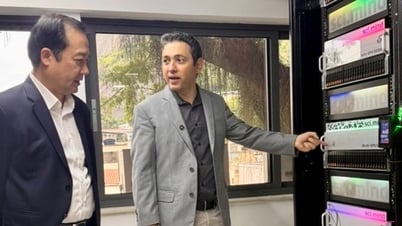
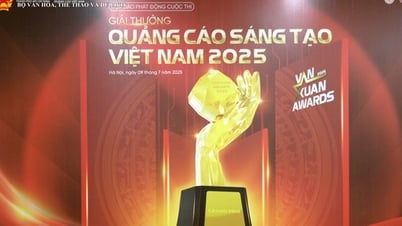







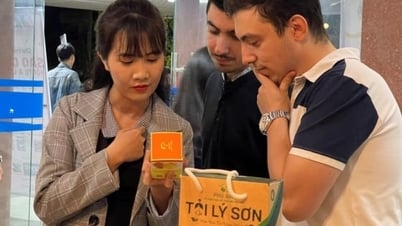

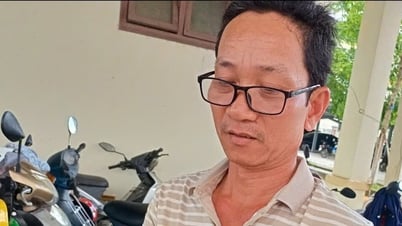


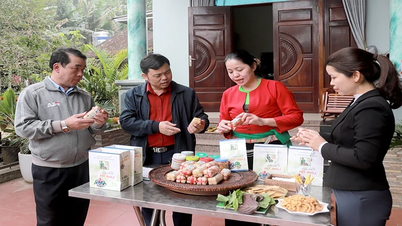




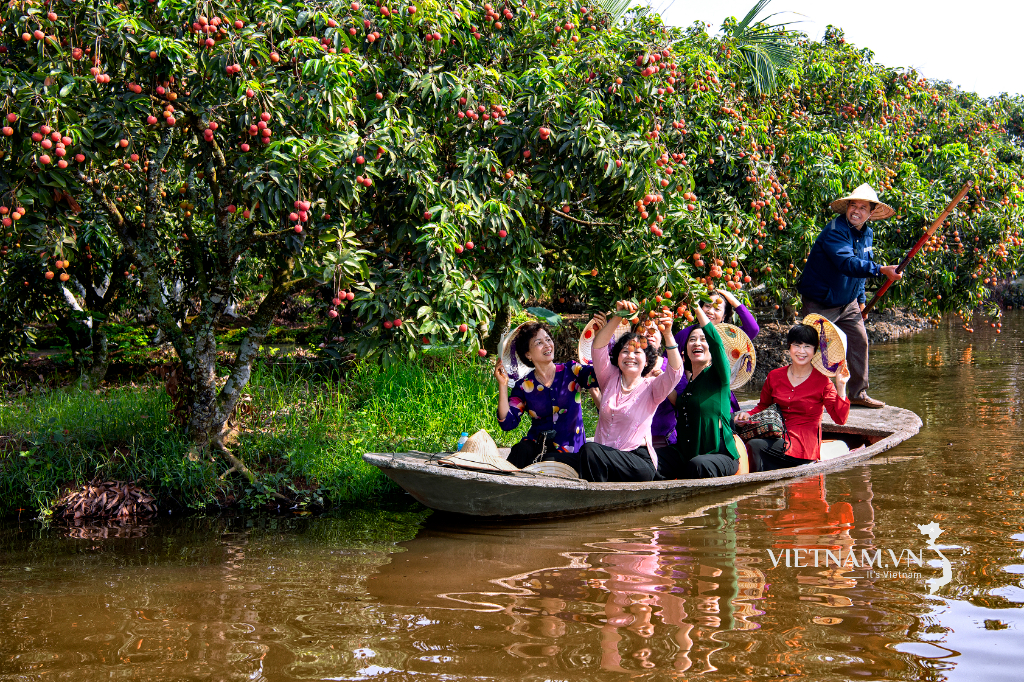


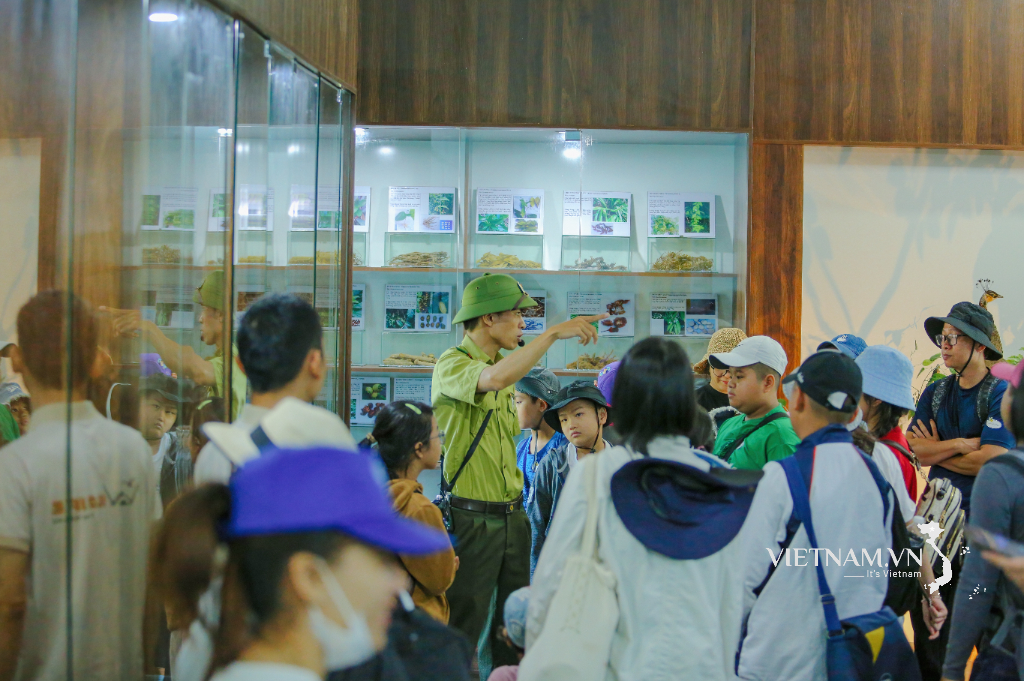
Comment (0)